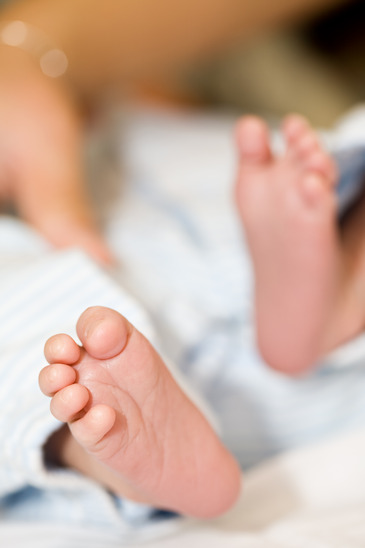 TAMPA (FOX 13) – Many families want to add a baby to the family, but conceiving isn’t always the easiest thing to do. The CDC estimates almost seven million women have difficulty, and it’s an emotional and heartbreaking problem.
TAMPA (FOX 13) – Many families want to add a baby to the family, but conceiving isn’t always the easiest thing to do. The CDC estimates almost seven million women have difficulty, and it’s an emotional and heartbreaking problem.
For eight years, Karen Kelly tried having a baby with her husband, but was unsuccessful. Karen visited doctors, explored in vitro, and considered adoption. She says the experience was stressful.
“You start out that marriage saying, ‘We’ll do it when we are ready’ and you think it’s going to naturally happen, then conception came, for us, an ordeal,” explained Karen. “It’s a huge issue that required medical intervention, and medical analysis to figure out what was wrong.”
Karen’s journey pointed her to a familiar face. Retired WTVT anchor Kathy Fountain now counsels women like Karen, and helps couples overcome infertility.
“The ability to conceive is such a primal instinct,” Fountain explained. “Not having a baby when you want to can cause stress and anxiety. Studies have shown infertility can cause depression, just as a woman with heart disease, AIDS, or cancer, which are the most stressful things you can go through.” Read full article.
